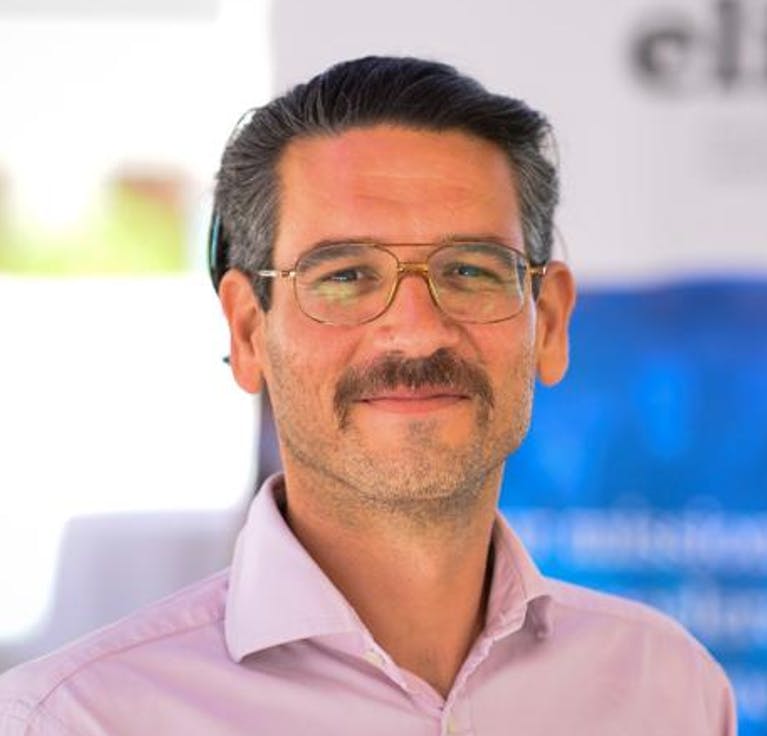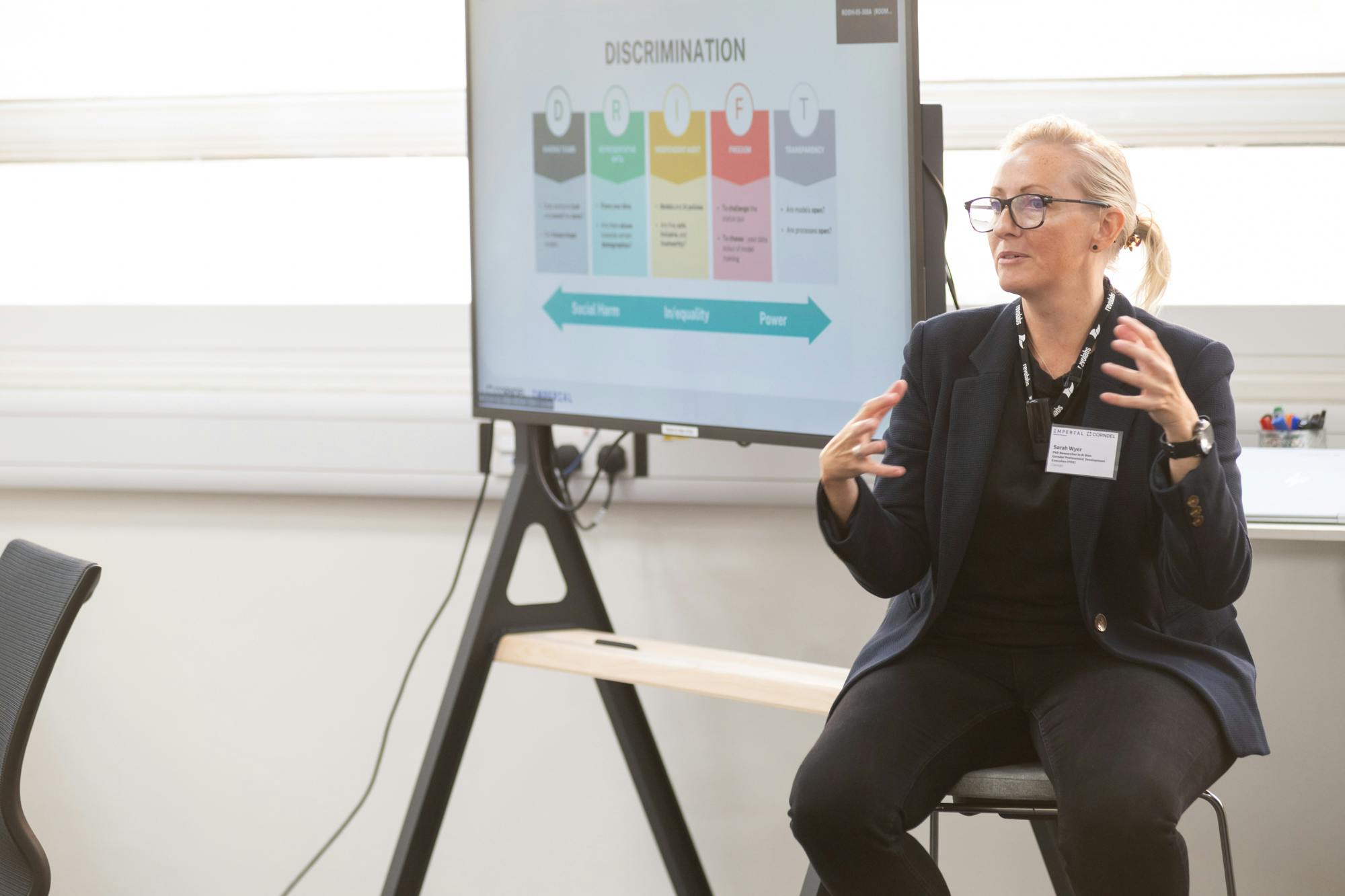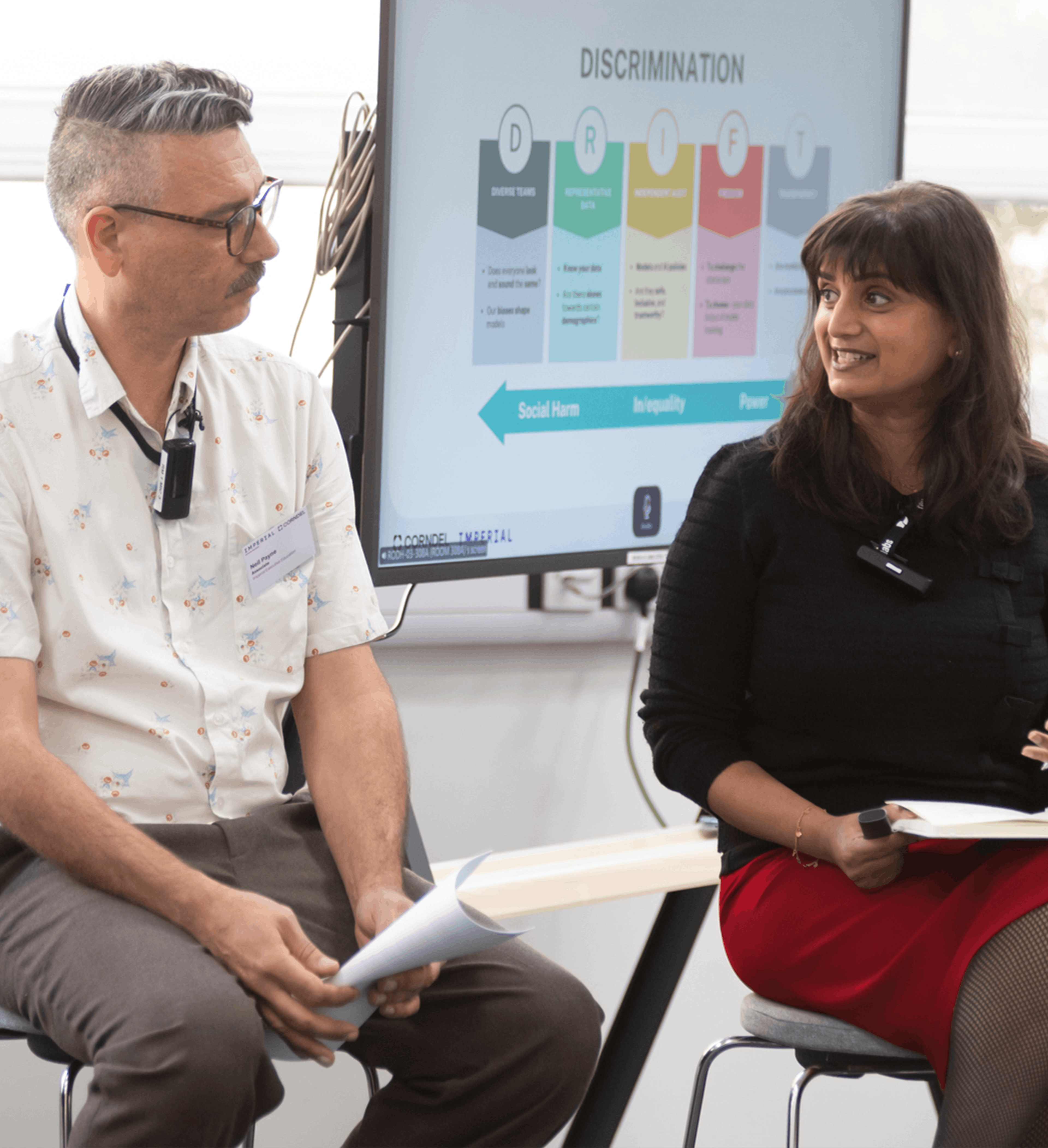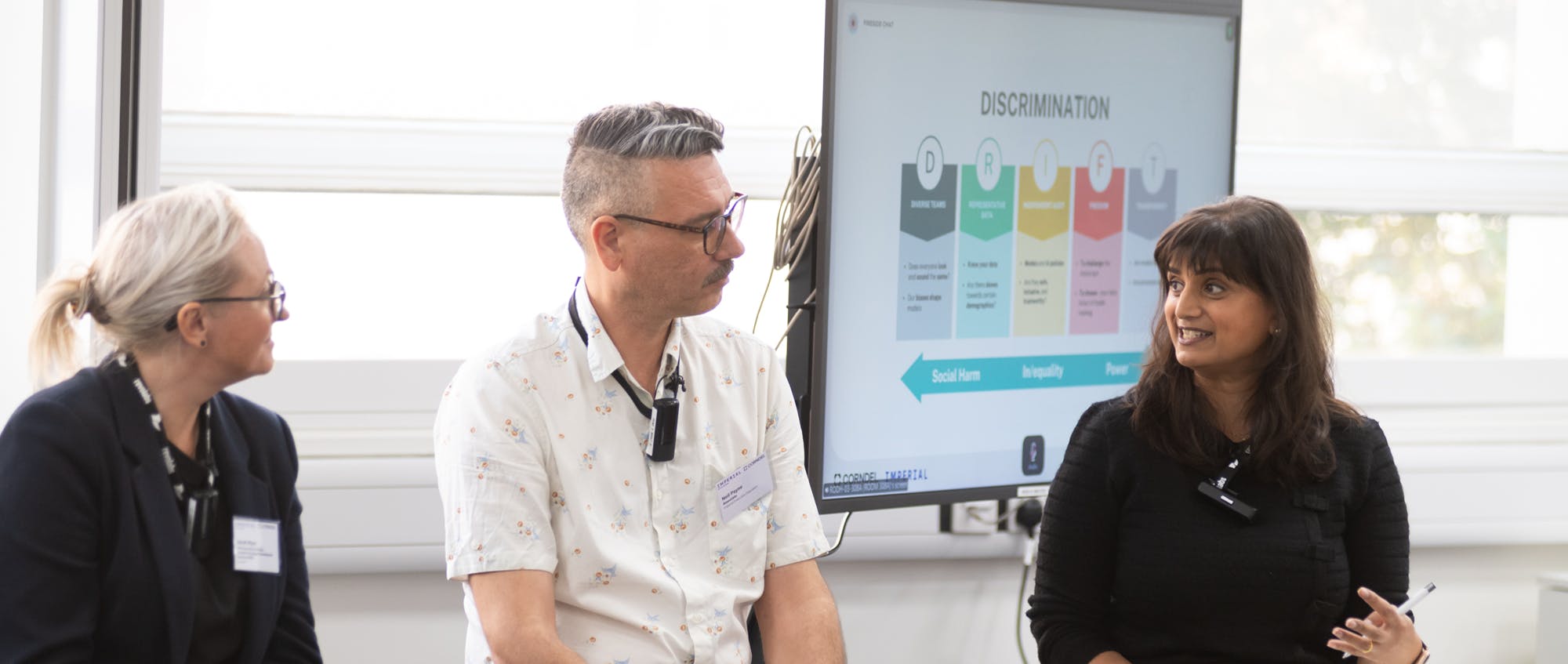At a time when conversations around diversity, equity and inclusion (DEI) are becoming increasingly complex, the ABC of DEI event, hosted by Corndel in partnership with Imperial Executive Education, brought together leaders, thinkers and changemakers to reflect on what it means to create truly inclusive organisations.
The morning offered an honest, human exploration of progress and challenge, anchored by insights from Neil Payne, cross-cultural trainer and DEI consultant, and Dr Sarah Wyer, AI and data specialist and Corndel Coach. Together, they helped participants navigate the evolving intersections of identity, technology and organisational culture.
Seeing People as Individuals, Not Categories
The event, hosted by Kamini Sanghani, Director of Business Development at Corndel, opened with reflections on Corndel’s long-standing belief in the power of personalisation. As Kamini shared, lasting change begins by “looking at people as individuals - each with their own layers, constraints, strengths and ambitions.”
This human-centred perspective that is so central to Corndel’s coaching philosophy set the tone for the day. The group explored how DEI initiatives must move beyond compliance and into culture, focusing on understanding people in context rather than as demographic data points.
As Corndel’s Chief Marketing Officer, Claire Stacey, explained:
“We believe in the power of diversity. Inclusivity isn’t an add-on; it’s a foundation for how we partner with organisations to help them shape the future.”
Through one-to-one coaching, business-relevant programmes, and deep partnerships with Imperial Executive Education and Microsoft, Corndel’s approach to professional development is about building professional confidence, commercial success and societal progress, all grounded in empathy and understanding.
Cross-cultural consultant Neil Payne challenged the audience to look inward. Through a powerful exercise, he revealed how quickly our minds jump to conclusions and how bias is not a character flaw, but a human function.
“Our brains operate on bias,” Neil said. “It’s not about being good or bad. It’s about being aware and moving beyond those patterns.”
He urged participants to see DEI not as a standalone agenda but as something woven through every business function. Drawing on his global experience, Neil explored how identities have become politicised, how fear fuels backlash, and how organisations can respond with integrity rather than performance.
Key takeaways included:
- Integration over isolation: DEI shouldn’t exist as a separate department. It should be embedded in every process and decision.
- Quiet DEI: meaningful change doesn’t always need to be loud. Sometimes progress happens through thoughtful, consistent action rather than slogans.
- Localisation matters: initiatives must reflect the context of the people they serve. What works in London won’t necessarily resonate in Leeds, or Lagos.
- Resilience and realism: as political tides shift, organisations need the courage to hold onto their values while adapting to change.
Neil’s call to action was simple but profound: “It’s time to stop performing DEI and start practising it.”

Sarah Wyer: Data, Diversity and the Future of AI
Next, Dr Sarah Wyer took the conversation into the world of artificial intelligence, where technology meets humanity. With a background in computer science, AI research and coaching, Sarah unpacked how bias manifests in algorithms, shaping everything from recruitment tools to performance reviews.
She emphasised that AI is only as inclusive as the people and data that build it.
She shared examples from her research revealing how gender and racial bias can be amplified through data models trained on unbalanced or historical information. In one striking example, she demonstrated how an AI system designed to predict reoffending rates in the US was twice as likely to flag people of colour as “high risk”, not because of behaviour, but because of the data it had learned from.
Sarah introduced her model of Discrimination Drift, a framework for mitigating bias through:
- Diverse teams: ensuring those building AI systems reflect a range of lived experiences and values.
- Representative data: understanding where data comes from, and what voices it excludes.
- Freedom to challenge: creating psychologically safe spaces where people can question the technology they’re using.
- Transparency and audit: regularly checking outputs for bias and explaining how automated decisions are made.
“Diversity isn’t just a moral imperative, it’s a business one,” Sarah noted. “MIT (Massachusetts Institute of Technology) research shows that diverse teams create 35% fewer errors in AI. Diversity literally makes better technology.”
Values in Action: Responding to Backlash with Purpose
As the fireside conversation between Neil, Sarah and Kamini unfolded, the speakers addressed the growing backlash against DEI. Their advice for organisations was practical and values-led:
- Anchor DEI initiatives in your core organisational values, not external trends.
- Focus on education and awareness, especially for HR and L&D teams who can influence change from within.
- Lead with transparency and communication. People need to understand how data, technology and policy decisions affect them.
- Recognise that diversity is broader than demographics; it includes thought, background, class, ability, and life experience.
In this climate, where DEI is sometimes politicised or dismissed as “woke,” the speakers reinforced the importance of resilience, empathy and evidence-based practice.
AI, Opportunity and Responsibility
Throughout the day, the discussion returned to a central question: how do we ensure AI and DEI evolve together responsibly? Neil, Sarah and Kamini agreed that technology’s potential is immense, but only if we embed humanity at its core.
Corndel’s partnership with Imperial Executive Education is already leading in this space, bringing together academic insight, data expertise and coaching-led leadership development. Events like this embody that collaboration: where rigorous research meets real-world application, and ideas turn into action.
As the session closed, Sarah shared a hopeful note from her recent visit to the Alan Turing Institute, where diversity and values dominated the conversation about AI’s future. Neil added his optimism for a new generation of leaders who “see the world through fresh eyes” and are motivated by fairness, not fear.
It was a fitting conclusion to a morning defined by purpose. The ABC of DEI reminded everyone in the room that progress isn’t about perfection, it’s about persistence.
At Corndel, that belief drives everything we do. We partner with organisations to understand their needs, support their people and create meaningful, measurable change. Because when inclusion is embedded, innovation follows, and together we can build a future where every voice helps shape the way forward.


